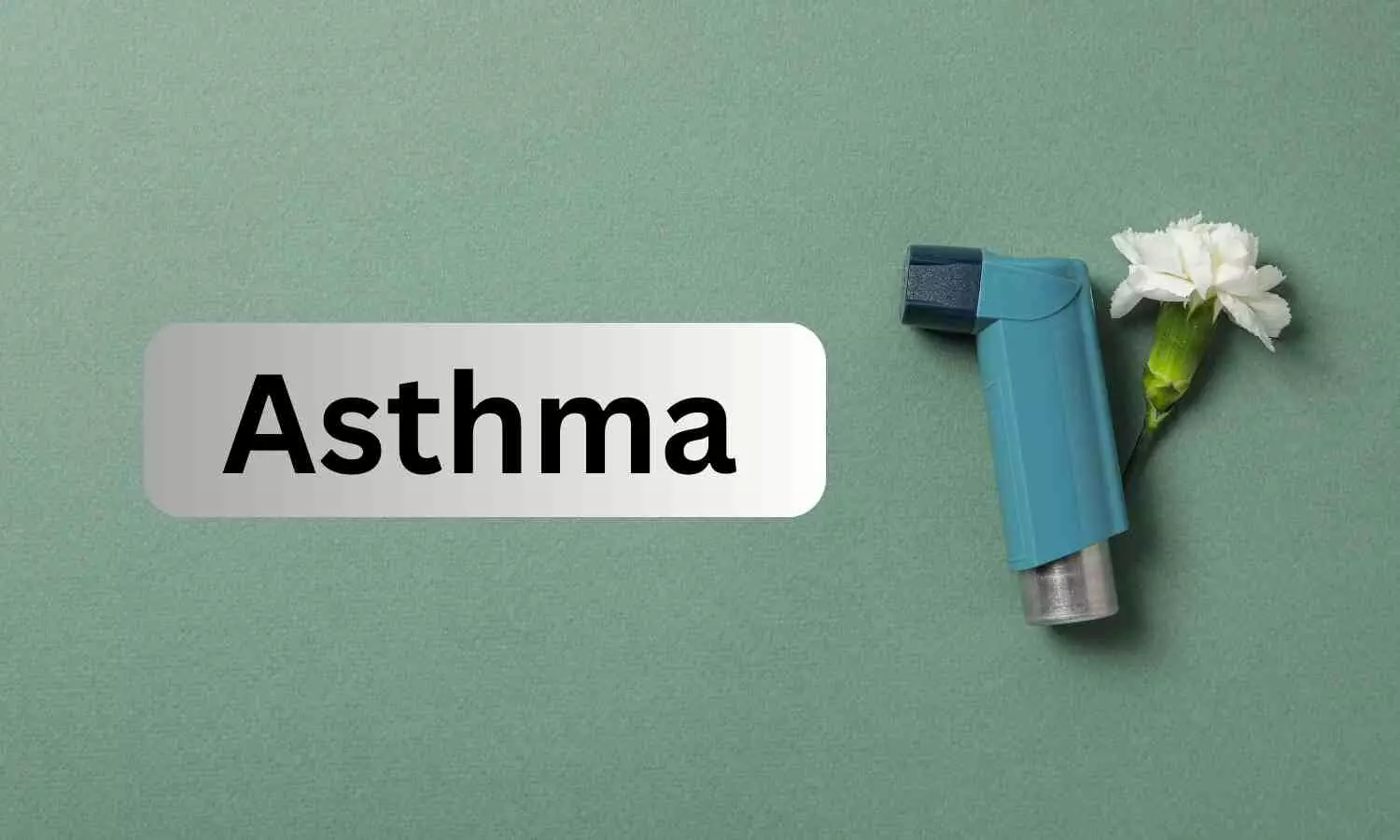Growing Up with Dogs May Lower Childhood Asthma Risk, While Cats Show No Protective Effect: ERS Study
- byDoctor News Daily Team
- 29 September, 2025
- 0 Comments
- 0 Mins

Babies exposed to dog allergens in the home have a lower risk of developingasthmaby the age of five years, according to research that will be presented at the European Respiratory Society (ERS) Congress in Amsterdam, the Netherlands. The researchers also studied babies’ exposure to cat allergens but did not find the same protective effect. The research was by a team from The Hospital for Sick Children (SickKids) in Toronto, Canada, led by Dr Makiko Nanishi, and will be presented by Dr Jacob McCoy. Speaking ahead of the Congress Dr McCoy said: “Asthma is a very common chronicrespiratory illnessin children, with the highest rates in the first four years of life. It is caused by complex interactions between genetic factors and the environment, including infections, allergies andair pollution. “Children spend most of their time indoors, so in this research we wanted to study allergens in the home. These are an important risk factor that we could potentially alter to reduce asthma.” The research included a group of 1050 children who were part of the Canadian CHILD cohort study. Researchers analysed samples of dust from the children’s homes taken when they were between three and four months old. For each child, researchers measured the quantities of three potential allergens in the dust: Can f1 (a protein shed in dog skin and saliva), Fel d1 (a protein shed in cat skin and saliva) and endotoxin (a molecule on the surface of bacteria). When the children were five years old, they were assessed for asthma by a doctor, and their lung function was measured according to how much air they could blow out in one second after a deep breath in (forced expiratory volume in one second or FEV1). The children also gave blood samples so they could be assessed for genetic risk factors for asthma and allergies. The researchers found that babies exposed to higher levels of the dog allergen Can f1 had around a 48% lower risk of developing asthma by the age of five years, compared to other babies. Babies exposed to higher levels of dog allergen also had better lung function. This protective effect was even stronger in babies who were at higher genetic risk of worse lung function. The researchers found no protective effect for babies exposed to the cat allergen Fel d1 or the bacterial endotoxin. Dr McCoy said: “In this study, we examined pet allergens from dogs and cats. We found that, while cat allergens showed no association, exposure to dog allergens was linked to improved lung function and a reduced risk of asthma. We don’t know why this happens; however, we do know that once a person becomes sensitive to dog allergens, they can make asthma symptoms worse. This suggests that early exposure to dog allergens could prevent sensitisation, perhaps by altering the nasal microbiome – the mixture of microbes living inside the nose – or by some effect on the immune system. “Our findings highlight the potential protective role of dog allergens, but we need to do more research to understand the link between early-life exposure to dog allergens, lung function and asthma during early childhood.” Dr Erol Gaillard, Chair of the European Respiratory Society’s expert group on paediatric asthma and allergy and Associate Professor at the University of Leicester, UK, who was not involved in the research, said: “Asthma is the most common long-term condition among children and young people and is also one of the main reasons for children being admitted to hospital for emergency treatment. Babies who grow up around dogs may have a lower risk of developing childhood asthma, European Respiratory Society, Meeting: European Respiratory Society Congress.
Disclaimer: This website is designed for healthcare professionals and serves solely for informational purposes.
The content provided should not be interpreted as medical advice, diagnosis, treatment recommendations, prescriptions, or endorsements of specific medical practices. It is not a replacement for professional medical consultation or the expertise of a licensed healthcare provider.
Given the ever-evolving nature of medical science, we strive to keep our information accurate and up to date. However, we do not guarantee the completeness or accuracy of the content.
If you come across any inconsistencies, please reach out to us at
admin@doctornewsdaily.com.
We do not support or endorse medical opinions, treatments, or recommendations that contradict the advice of qualified healthcare professionals.
By using this website, you agree to our
Terms of Use,
Privacy Policy, and
Advertisement Policy.
For further details, please review our
Full Disclaimer.
Recent News
Women with This Common Condition Face Higher Risk...
- 21 October, 2025
Why Women Face Higher Risk of Alzheimer's and Mult...
- 21 October, 2025
Long-term Exercise Keeps Immune System Younger and...
- 21 October, 2025
Daily Newsletter
Get all the top stories from Blogs to keep track.


0 Comments
Post a comment
No comments yet. Be the first to comment!